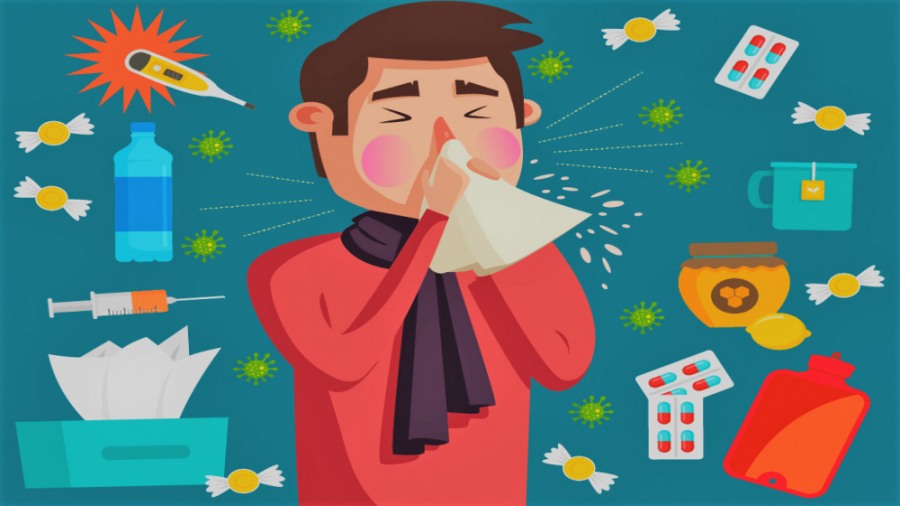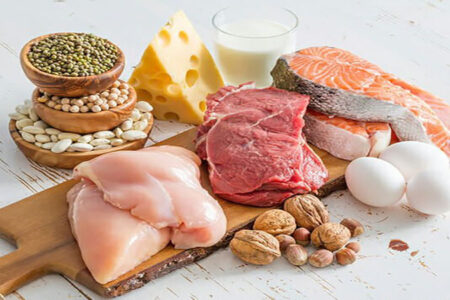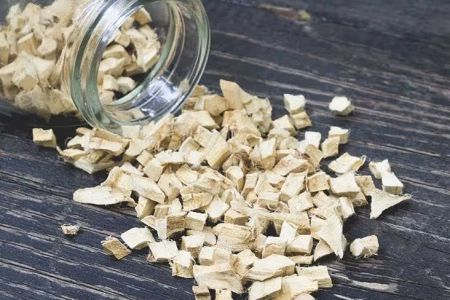Health Archives | صفحه ۱۸ از ۵۶
What to Do (and Not to Do) at the First Sign of the Flu
A slight tickle in your throat, body aches, and a sudden fever could be some of the first signs that you’re coming down with the flu
Some Tips to Improve Your Concentration
Several techniques may help improve concentration, some with more research support than others. However, different methods work for different people, so it may help to try a range of techniques. Concentration refers to the mental effort you direct toward a task. It’s sometimes confused with attention span, which refers to the length of time you […]
Some Ways to Get a Good Night’s Sleep with a Cold
Sleeping can be challenging when you have a cold. Symptoms like a stuffy nose can make it difficult to breathe, while coughing and muscle pain can keep you awake
Is There a ‘Best’ Tea to Treat Colds
When you’re fighting a cold, it’s essential to load up on caffeine-free liquids that keep you hydrated. A smart choice is a cup of hot tea, as it can soothe a sore throat and break up congestion
Some Ways to Avoid Travel Constipation
Travel constipation is when you aren’t able to poop like you normally do when you are away from home. Alterations in your normal routine can affect the speed at which your digestive system works, causing you to become backed up
These 5 Surprising Factors Are Secretly Aging You Faster
Cigarettes and lack of sleep can make you look and feel older. However, some lesser-known lifestyle factors can accelerate the aging process
The 8 Best Foods to Eat When You’re Sick
The right foods to eat when you’re sick can do so much more than give you energy. They can help you feel better, get better faster, or stay hydrated as you recover
What to Eat and Drink When You Have a Sore Throat
Certain warm drinks and foods, including oatmeal, may help soothe a sore throat. Choosing soft foods may prevent additional irritation
Study Shows Traveling Might Help You Live Longer—If You Follow These Tips
A new study published in the Journal of Travel Research suggests that positive travel experiences could help slow biological aging. The researchers used the concept of entropy—a measure of disorder and chaos in physics—to explain how vacations impact health
Everything You Need to Know About Marshmallow Root
Marshmallow root (Althaea officinalis) may offer health benefits such as easing coughs and colds, relieving skin irritation, alleviating pain, and more. However, more research is necessary









